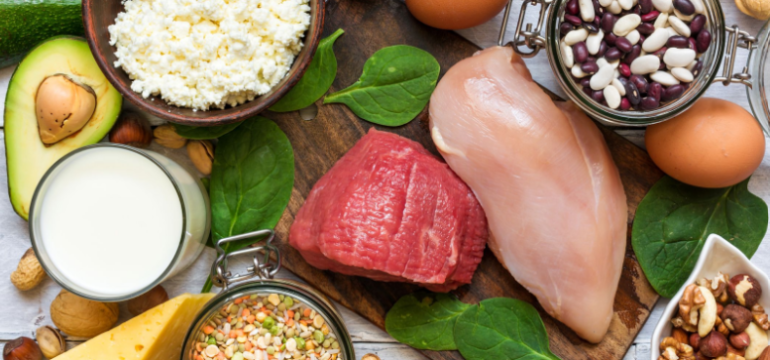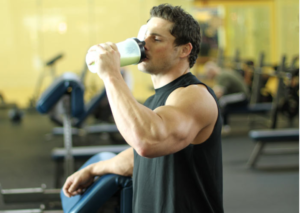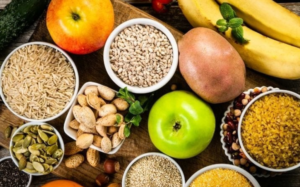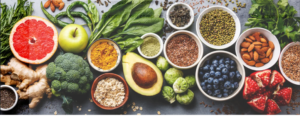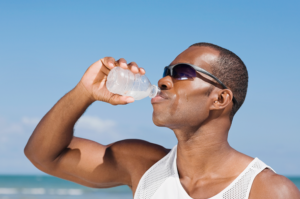If you are looking to make a change in your physique, then you need to start paying attention to your nutrition. In order to get the most out of your Brazilian Jiu Jitsu training, you need to be eating the right foods and avoiding the ones holding you back. Nutrition is a huge part of any sport, and Brazilian Jiu-Jitsu is no exception. In order to perform at your best on the mat, you need to make sure that you are taking care of your body by eating the right foods.
In today’s blog post I will discuss the top 10 nutrition tips that every BJJ athlete should know.
Intake Of Protein For BJJ Athletes.
Athletes who get indulged in any type of sports need more protein than average because they use more energy and power. Similarly, athletes who engage in Brazilian Jiu Jitsu need plenty of protein in their diets.
How much protein do BJJ athletes need?
Many athletes need about 1 gram of protein per pound of body weight each day to maintain their muscle mass and performance levels. However, this may vary depending on your individual needs and how active you are. Many high-quality protein sources are available, so it is easy to ensure that you get enough protein while following a healthy diet.
Besides that, there is one more thing on which you need to get focused before incorporating any workout into your routine, and that is you must be wearing comfortable and sweat-wicking gym workout clothes so that your exercise should become more convenient and easygoing for you.
Read More: Easy Ways To Adopt The Healthy Sustainable Eating Pattern
Protein shakes
There are many reasons that protein shakes are important for BJJ athletes. First and foremost, protein is essential for building muscle. When you are working out regularly, you need to make sure that you are providing your body with the protein it needs to rebuild and grow stronger.
In addition to helping with muscle growth, protein shakes can also help you to recover from a tough workout faster. By refueling your body with protein after a workout, you can help reduce the amount of muscle soreness that you experience. This means that you can get back to your workouts sooner rather than later!
Source of proteins
Some good protein sources include meat, poultry, eggs, dairy products, legumes, nuts, and seeds.
Intake Of Carbohydrates For BJJ Athletes
Jiu-jitsu is a physically and mentally demanding sport that can take a lot out of you if your glycogen stores are low. Consuming enough carbohydrates will help you perform at your best both mentally and physically. There is a reason that BJJ athletes are often carb-loading before a competition. By consuming carbohydrates before a competition, BJJ athletes can ensure that they have enough energy to perform at their best, as they provide athletes with the energy they need to train and compete at a high level.
How many carbohydrates athletes should be consuming every day?
There is no one-size-fits-all answer to this question, as the number of carbs you need will vary depending on your activity level and body composition. However, most experts recommend eating between 250 and 350 grams of carbs daily.
What are some good sources of carbohydrates?
Some good sources of carbohydrates include fruits, vegetables, whole grains, legumes, sweet potatoes, quinoa, steel-cut oats, and dairy products.
How Fats Are Important For BJJ Athletes?
Fats are important for BJJ athletes because they help the body to absorb essential vitamins and minerals. Fatty acids are also important for cognitive function and joint health. They are important for BJJ athletes because they provide energy and help to maintain a healthy weight. When you’re training hard, your body needs the right kind of fuel to perform at its best. Fatty acids are a key component of cell membranes and help to regulate the way cells respond to stimuli. They also play a role in the synthesis of hormones and neurotransmitters, which are essential for optimal brain functioning.
Read more: How to Eat If You Have Cancer?
How much fat does a BJJ athlete need before and after the competition?
There is no one-size-fits-all answer to this question, as the amount of fat an athlete needs before and after the competition will vary depending on their individual needs. However, as a general rule, athletes need a moderate amount of fats before the competition to sustain energy levels, and they may need a higher intake of fats after competition to help with muscle repair and recovery.
Moreover, as I discussed before, if you want to make your exercise more productive make sure you are wearing comfortable and high-quality gym athletic wear in order to get maximum out of your workout.
The Importance Of Staying Hydrated
Hydration is important for athletes in any sport, but it is essential for BJJ athletes. When you’re dehydrated, your muscles don’t work as well, and you can’t perform at your best. You may also feel tired and have a headache.
BJJ is a very physical sport, and you can easily become dehydrated if you’re not careful. You need to drink plenty of fluids before, during, and after training sessions. It’s also a good idea to drink water throughout the day, especially if it’s hot outside.
Dehydration can be dangerous, so it’s important to stay hydrated during your training sessions. If you start to feel sick or dizzy, stop training and drink some water. You may also want to see a doctor if you think you’re dehydrated.

